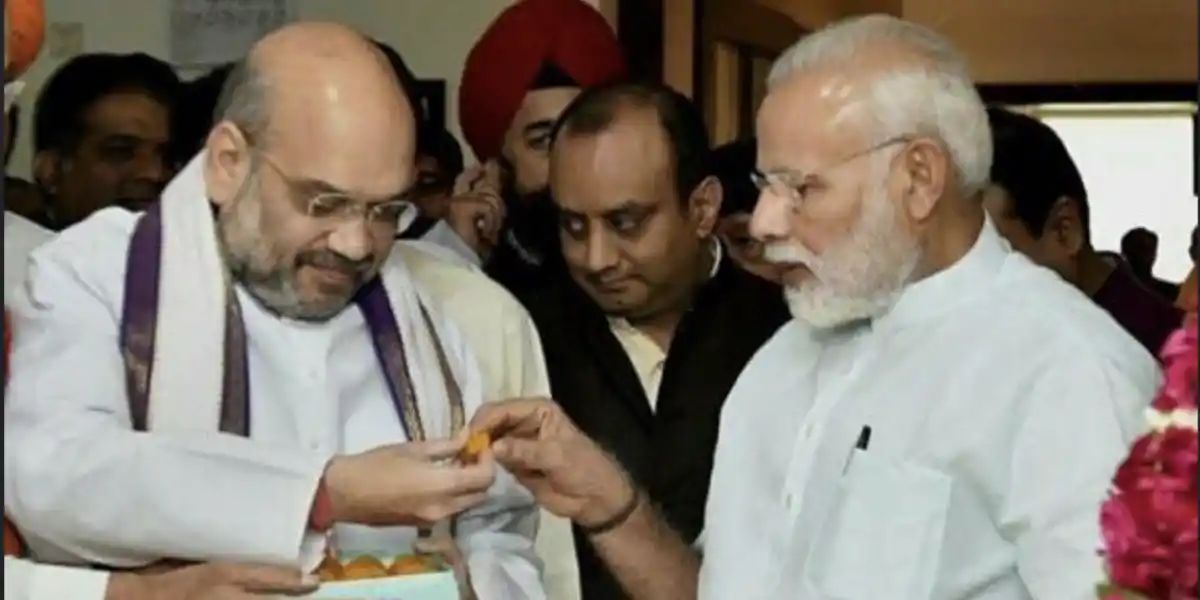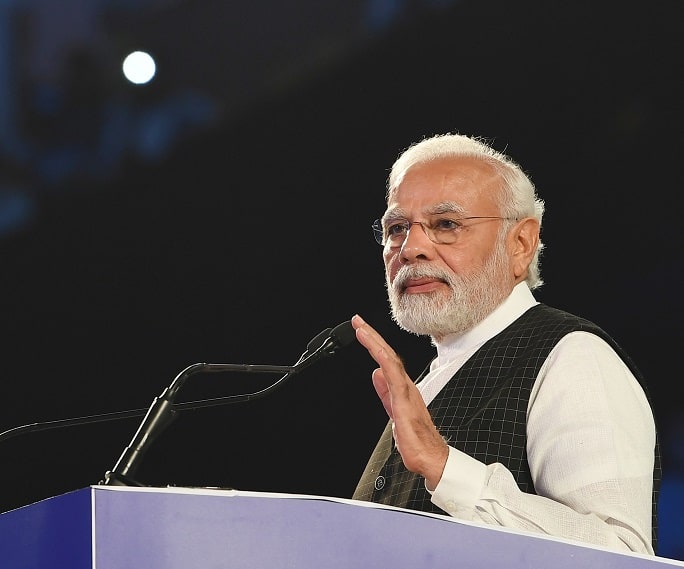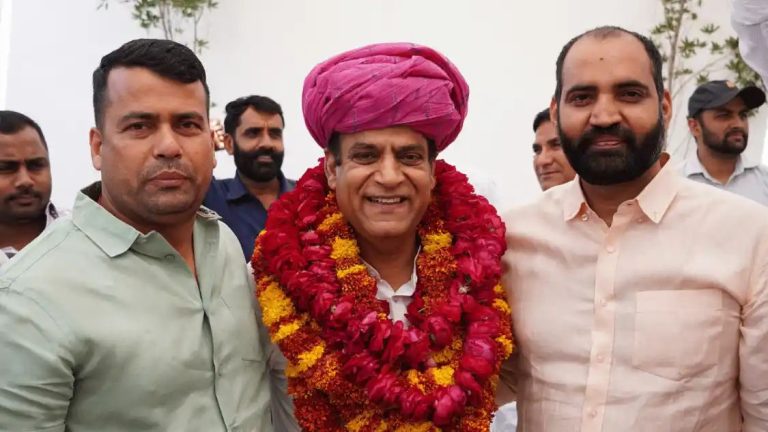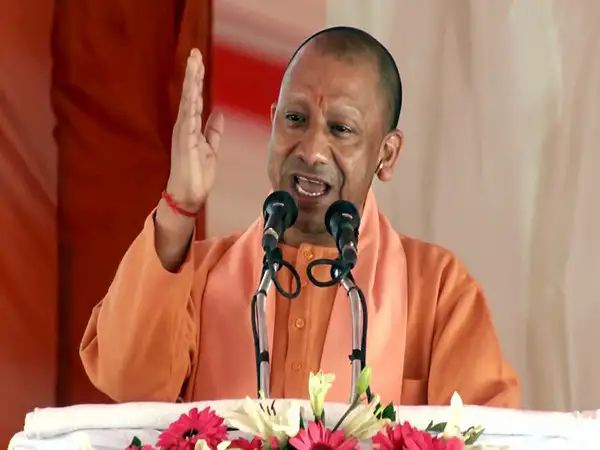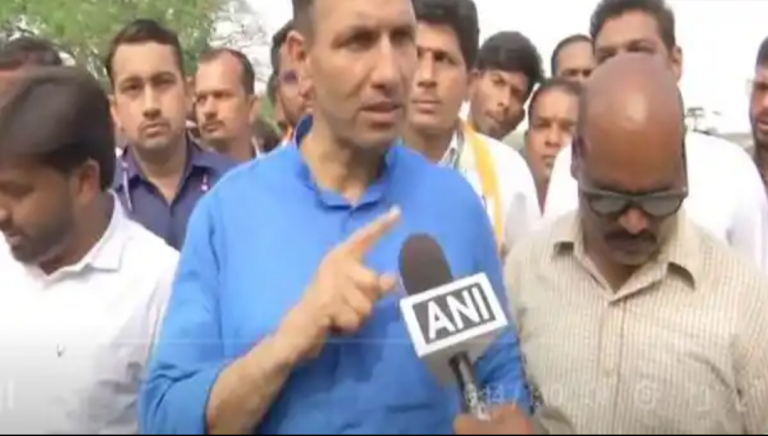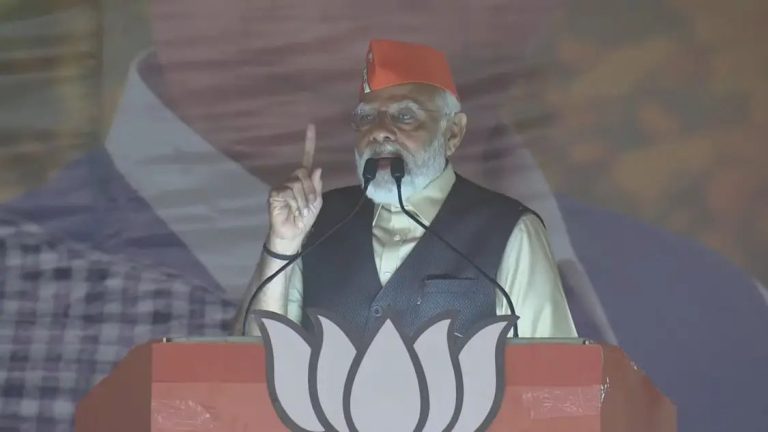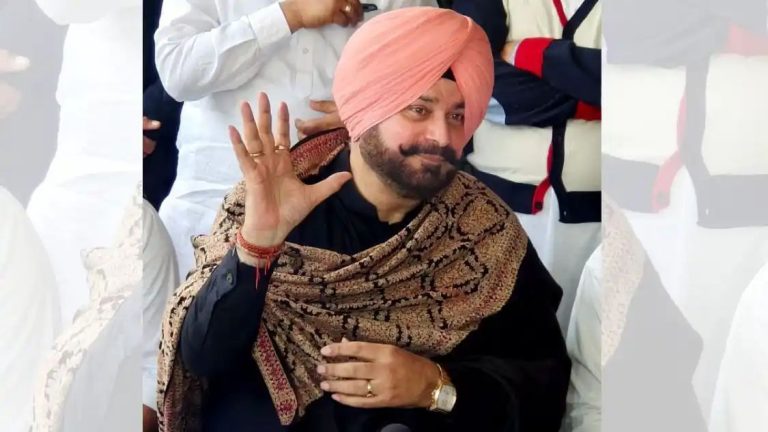Modi’s Viksit Bharat May Not Cut it in the Elections So the BJP turns to Polarisation Again
To subscribe to The India Cable, click here.
A series of episodes over the last month in which the BJP has had to face reverses have now forced it to play its most consistent card at hand.
The sudden notification of the controversial Citizenship (Amendment) Rules by the Amit Shah-led Union home ministry, even as over 200 petitions challenging the constitutionality of the Citizenship (Amendment) Act, 2019 are under judicial scanner, suggests in no uncertain terms that the BJP will lapse into its polarising tactics once again ahead of the Lok Sabha polls – even as Prime Minister Narendra Modi promises a ‘Viksit Bharat’ by 2047.
Shah’s ministry sat on the CAA rules for over five years but decided to notify it tactically on the first day of Ramzan, when the Muslims come together to celebrate the beginning of the holy month. The divisive nature of the CAA that upends the secular definition of India’s citizenship law had triggered widespread protests by the Muslim community and a large section of democratic-minded citizens. The protests were communalised day and night by the top BJP leaders to target Indian Muslims. The Centre’s notification of the rules now is clearly aimed at stoking hate for Muslims, and consolidating support for the BJP within India’s Hindu community along sectarian lines.
If religious polarisation wasn’t enough, the BJP in Haryana has decided to polarise the Haryana electorate along caste lines. This week saw the replacement of the unpopular Haryana chief minister Manohar Lal Khattar with an OBC face – Nayab Singh Saini.
Kurukshetra MP Nayab Singh Saini. Photo: X@mr_mayank
The failure of seat-sharing talks with its ally Jannayak Janta Party (JJP), and dissent by a few prominent BJP Jat leaders against Khattar’s leadership, was taken as an opportunity to drive its anti-Jat rhetoric and consolidate OBC caste groups, which incidentally form the majority of the electorate. The BJP rode to power in Haryana for the first time in 2014 by polarising non-Jat groups against the dominant Jat peasantry. It anointed the little-known Khattar, a loyal Rashtriya Swayamsevak Sangh foot soldier belonging to the Bania community, as the chief minister but was forced to partner with the Jat-dominated JJP to muster a majority in the assembly. The saffron party used its anti-Jat political rhetoric only sparingly in the intermittent years, until it decided finally to drive out the JJP from the alliance.
By forcing the JJP into the opposition space, the BJP, which has been facing farmers’ anger in the state because of policies widely seen as anti-farmer, now looks to divide the dominant Jat votes and emerge as the sole representative of OBCs, Dalits and other non-Jat communities.
Crucially, the polarising moves made by the BJP come at a time when it has faced a series of setbacks.
Despite its fervent advocacy in favour of electoral bonds, the Supreme Court rejected the anonymous political funding scheme as ‘unconstitutional’. The apex court’s order has now made the BJP vulnerable as it received the maximum donations through electoral bonds in the time the scheme existed. The list of corporate donors, once out, will embolden the opposition’s allegation that cronyism has flourished like never before during the Modi years.
Former Union minister Anant Kumar Hegde’s recent statement that the BJP wants a two-third majority in the Lok Sabha to ‘change the constitution’ has also put the saffron party in a soup. The opposition has run a spirited campaign against it, asserting that Hegde’s statement only reflects what it has been saying for all these years, and that the BJP is decidedly ‘anti-constitutional’. Fearing that Hegde’s statement may lead to a Dalit backlash, the BJP has been quick to dissociate itself from it, going so far as to tell reporters that the Uttar Kannada MP may not get an election ticket as punishment.
The opposition’s criticism that the Modi government has been misusing the central investigation agencies to suit its political interests received another boost last month when investigative reports by NewsMinute and NewsLaundry showed that 45 small and medium companies had donated nearly Rs 400 crore to the BJP in the last five financial years, immediately after facing raids by one of the agencies. The opposition termed the pattern of such donations as ‘extortion’.
Significantly, the acquittal of Delhi University professor G.N.Saibaba by the Bombay High Court in a case related to his alleged links with Maoists and the surprise resignation of one of the two remaining election commissioners have further diffused the BJP’s electoral narrative. While Saibaba’s acquittal, despite the BJP’s dogged campaign against him, has exposed the holes in BJP’s national security narrative, Arun Goel resignation has only added fuel to the suspicions around the Election Commission of India’s neutrality, especially after the Modi government passed a law to oust the Chief Justice of India from the selection process of election commissioners.
Obsessed with managing news headlines, especially in such adverse situations, the Modi-led BJP has reverted to playing the polarisation game. However, such cynicism may only end up undermining its ‘Viksit Bharat’ campaign and revealing the chinks in its armour.
